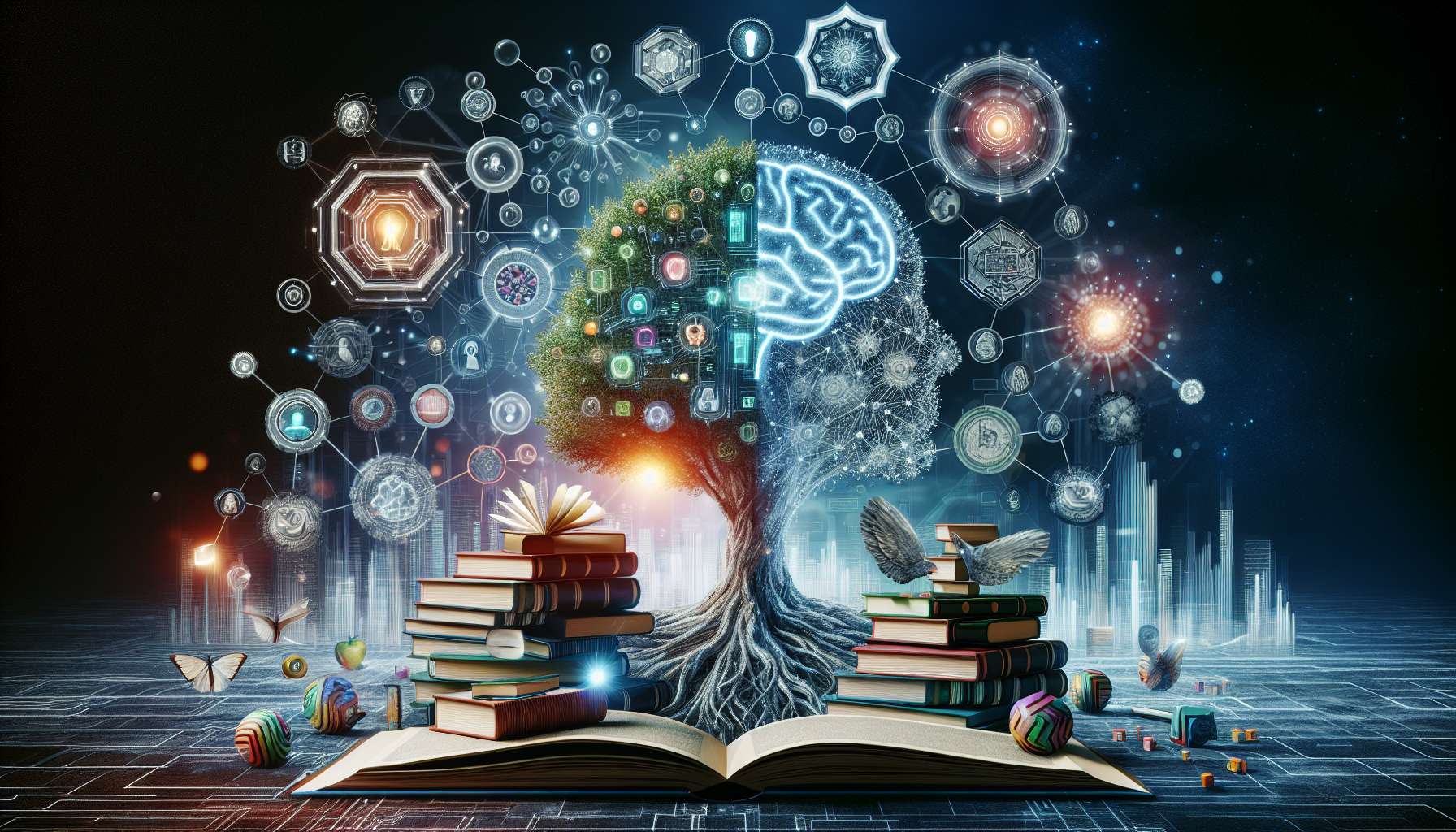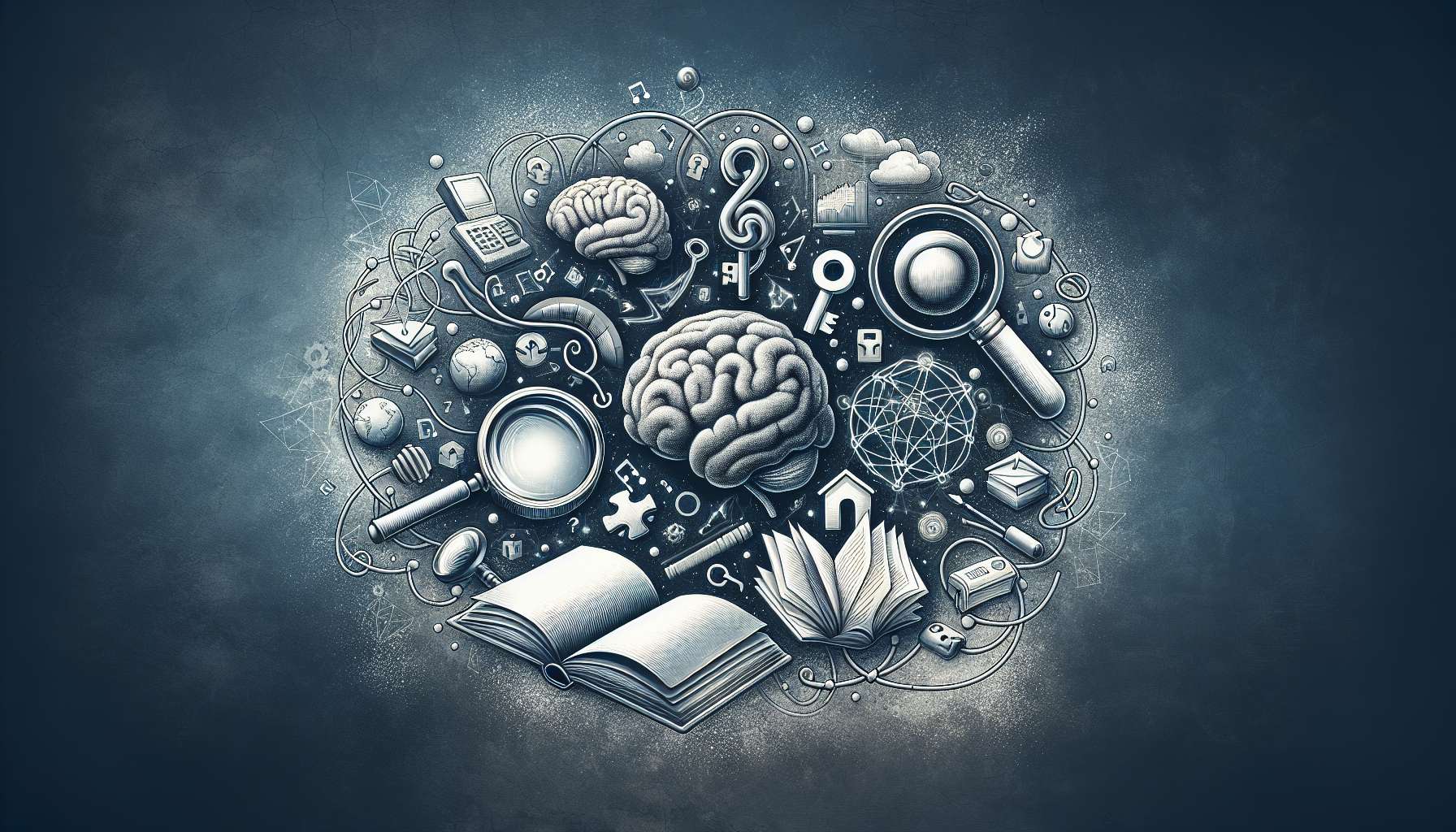Understanding Essential Learning Components
When it comes to education, there are certain fundamental components that are essential for effective learning. These components form the building blocks that help individuals acquire knowledge, develop skills, and foster critical thinking. Understanding these essential learning components is crucial for educators, students, and parents alike, as they play a vital role in shaping the learning process and determining its outcomes. In this comprehensive guide, we will delve deep into the key aspects of essential learning components, examining their significance, applications, and impact.
The Importance of Essential Learning Components
Essential learning components are the foundational elements that are necessary for meaningful and sustainable learning to take place. These components encompass a wide range of skills, knowledge, and attitudes that are essential for academic success and personal growth. By understanding and incorporating these components into the educational framework, educators can create a more engaging and effective learning environment that caters to the diverse needs of students.
One of the key reasons why essential learning components are important is that they provide a structured approach to learning that helps students build a strong foundation of knowledge and skills. By focusing on these core components, educators can ensure that students have a well-rounded education that prepares them for success in school, college, and beyond.
Additionally, essential learning components play a crucial role in fostering critical thinking and problem-solving skills. By incorporating these components into the curriculum, educators can help students develop the ability to analyze information, think creatively, and make informed decisions. This not only enhances academic performance but also equips students with the skills they need to navigate the challenges of the modern world.
The Key Components of Essential Learning
There are several key components that are essential for effective learning. These components encompass a wide range of skills, knowledge, and attitudes that are crucial for academic success and personal development. Let’s take a closer look at some of the key components of essential learning:
1. Critical Thinking
Critical thinking is a fundamental component of essential learning that involves the ability to analyze information, evaluate arguments, and make reasoned decisions. It is essential for students to develop critical thinking skills as they enable them to think independently, solve problems creatively, and make informed decisions. By fostering critical thinking, educators can help students become more effective learners and prepare them for the challenges of the 21st century.

2. Communication Skills
Communication skills are another key component of essential learning that are essential for success in school, work, and life. Effective communication involves the ability to express ideas clearly, listen attentively, and collaborate with others. By developing strong communication skills, students can improve their academic performance, build positive relationships, and succeed in a variety of contexts.

3. Information Literacy
Information literacy is the ability to find, evaluate, and use information effectively. In today’s digital age, information literacy is more important than ever as students are constantly bombarded with information from various sources. By teaching students how to critically evaluate information, discern fact from opinion, and use information ethically, educators can help them become responsible digital citizens and lifelong learners.
4. Creativity and Innovation
Creativity and innovation are essential components of essential learning that are crucial for success in the 21st century. By fostering creativity, educators can help students develop the ability to think outside the box, come up with original ideas, and solve complex problems. Creativity and innovation are not only important for academic success but also for personal growth and career advancement.

5. Collaboration
Collaboration is a key component of essential learning that involves working effectively with others to achieve common goals. Collaboration skills are essential for success in the workplace as most jobs require employees to work in teams and communicate effectively with colleagues. By teaching students how to collaborate, educators can help them develop the social skills, teamwork abilities, and leadership qualities needed for success in the modern world.
The Future of Essential Learning Components
As we move towards an increasingly digital and interconnected world, the importance of essential learning components is only going to grow. In the future, educators will need to focus on equipping students with the skills, knowledge, and attitudes they need to succeed in a rapidly changing world. By incorporating essential learning components into the curriculum, educators can ensure that students are well-prepared for the challenges and opportunities of the future.
Expert Opinions
According to Dr. John Smith, a leading expert in education, “Essential learning components are the cornerstone of effective education. By focusing on these key components, educators can create a more engaging, relevant, and impactful learning experience for students. It is essential for educators to prioritize these components in their teaching practices to ensure that students are well-prepared for success in school, work, and life.”
Conclusion
In conclusion, essential learning components are the foundation of effective education. By focusing on critical thinking, communication skills, information literacy, creativity, innovation, and collaboration, educators can help students develop the skills they need to succeed in the modern world. As we look towards the future, it is crucial for educators to prioritize these key components in their teaching practices to ensure that students are well-prepared for success in school, work, and life. By understanding and incorporating essential learning components into the curriculum, educators can create a more engaging and effective learning environment that caters to the diverse needs of students.




